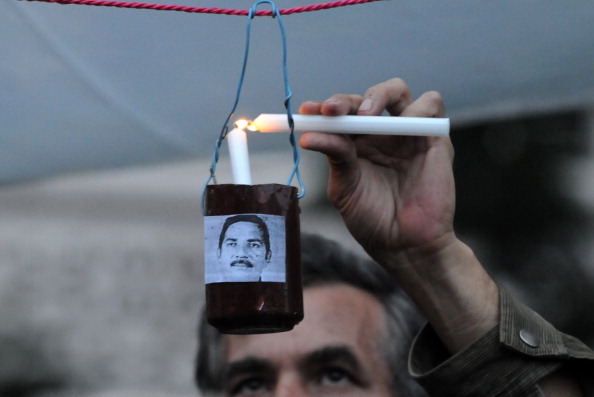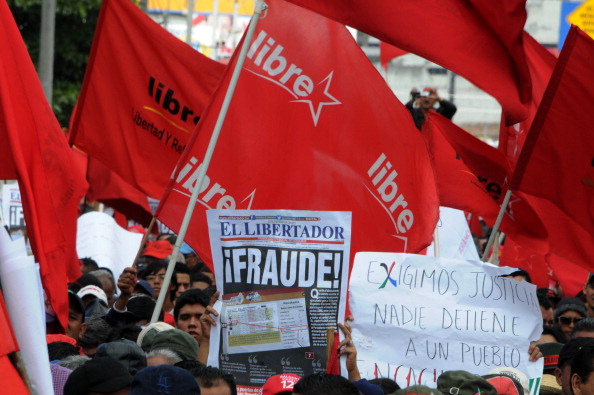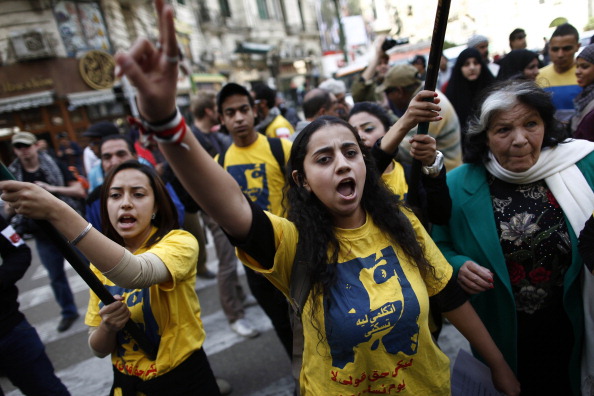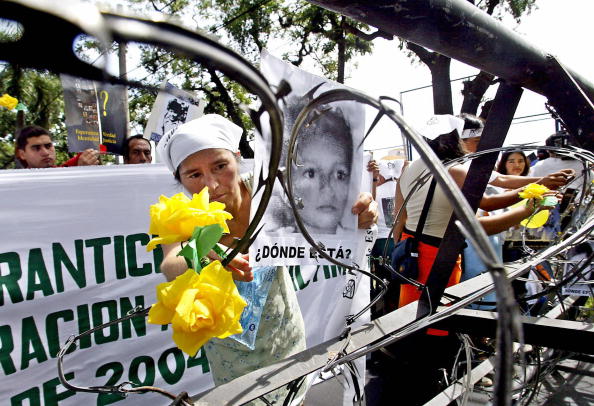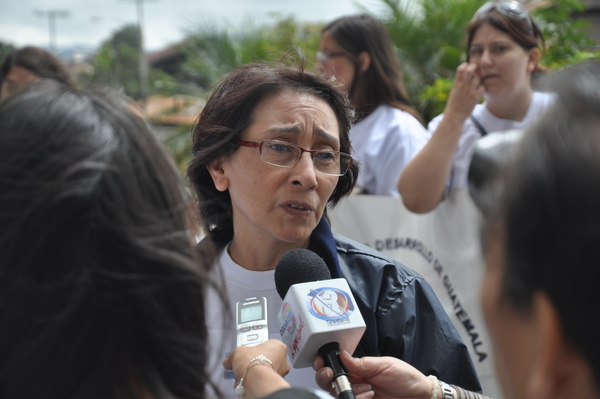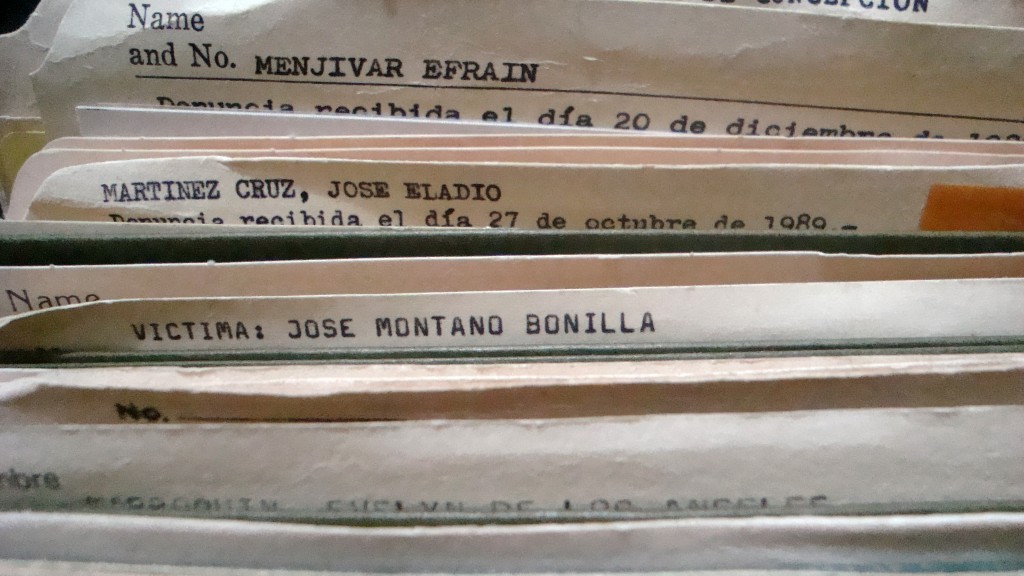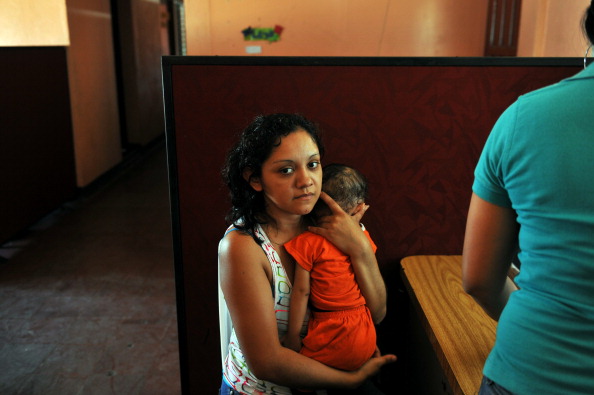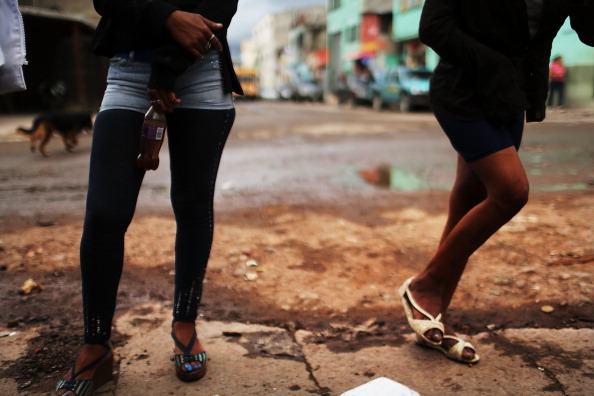
Sex workers wait for customers in Honduras. Honduras now has the highest per capita murder rate in the world and its capital city, Tegucigalpa, is plagued by violence, poverty, homelessness and sexual assaults (Photo Credit: Spencer Platt/Getty Images).
Ian Lekus of Amnesty USA’s LGBT Human Rights Cogroup contributed to this post.
San Pedro Sula, Honduras, has been called “the most dangerous city in the world.” For sex workers in the city, the risk of violence is multiplied many times over.
Despite the fact that sex work is legal in Honduras, many groups and individuals view their actions as immoral. Those who murder sex workers believe they can literally treat these human beings as garbage to be disposed of. Such violence takes place against the broader backdrop of widespread gender- and sexuality-based violence that imperils women and LGBT (lesbian, gay, bisexual, and transgender) persons all through Honduras.

